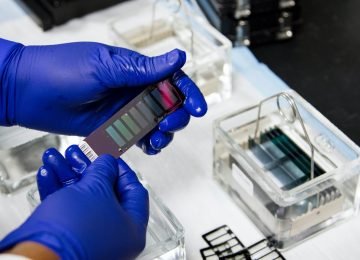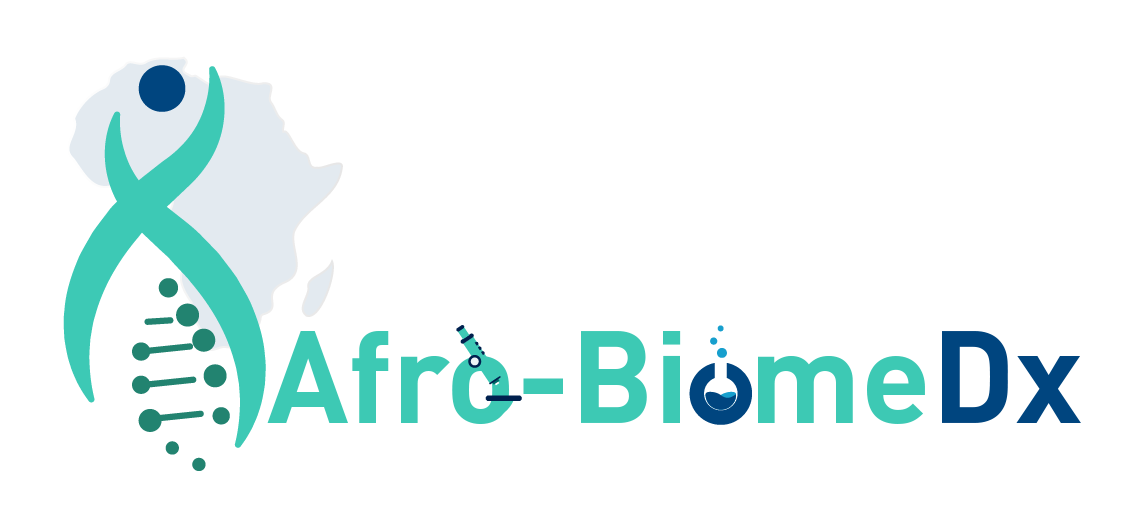
What is therapeutic drug monitoring (TDM)?
Therapeutic drug monitoring (TDM) is testing that measures the amount of certain medicines in your blood. It is done to make sure the amount of medicine you are taking is both safe and effective.
Most medicines can be dosed correctly without special testing. But for certain types of medicines, it can be hard to figure out a dose that provides enough medicine to treat your condition without causing dangerous side effects. TDM helps your provider find out if you are taking the right dose of your medicine.
OUR RESEARCH
You may need testing when you first start taking a medicine. This helps your provider figure out the most effective dose for you. Once that dose is determined, you may be tested regularly to make sure the medicine is still effective without being harmful.
You may also need testing if you have symptoms of a serious side effect. Side effects vary depending on the medicine. Your health care provider will let you know which symptoms to watch out for.
A health care professional will take a blood sample from a vein in your arm, using a small needle. After the needle is inserted, a small amount of blood will be collected into a test tube or vial. You may feel a little sting when the needle goes in or out. This usually takes less than five minutes.
Depending on the type of medicine you are taking, you may need to schedule your test for before or after you take your regular dose.
There is very little risk to having a blood test. You may have slight pain or bruising at the spot where the needle was put in, but most symptoms go away quickly.

